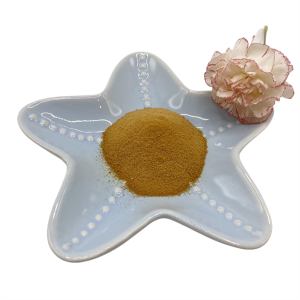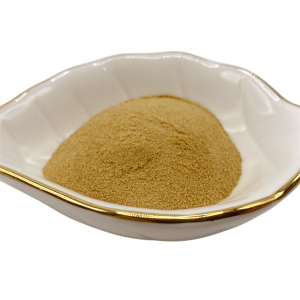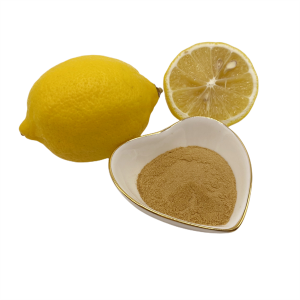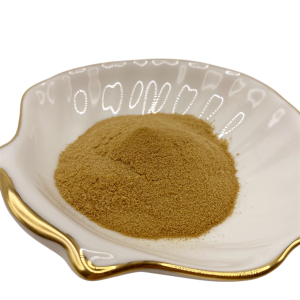Fish protein, has found diverse applications in modern agriculture due to its rich nutrient content and beneficial properties. Here are some notable application cases that highlight its effectiveness in various agricultural practices:
Case 1: Enhancing Soil Fertility in Organic Farming
In organic farming systems, maintaining soil fertility without synthetic fertilizers is a significant challenge. Fish protein has been successfully used as an organic fertilizer to enhance soil fertility.
 |
For example, in organic vegetable farms, fish protein is applied to the soil to provide essential nutrients such as nitrogen, phosphorus, and potassium. This not only improves soil health but also promotes robust plant growth and higher yields. |
Case 2: Boosting Crop Yields in Greenhouse Cultivation
Greenhouse cultivation often requires precise nutrient management to achieve optimal plant growth and high yields.
| In a commercial greenhouse operation growing tomatoes and cucumbers, fish protein was used as a foliar spray and soil amendment. The application of fish protein resulted in improved plant vigor, increased fruit set, and higher overall yields. |  |
The readily available nutrients in fish protein were quickly absorbed by the plants, leading to enhanced photosynthesis and better fruit quality.
Case 3: Improving Soil Health in Degraded Land
In regions with degraded soils, restoring soil health is crucial for sustainable agriculture.
 |
In a project aimed at rehabilitating degraded lands, fish protein was used as a soil amendment to improve soil fertility and structure. The application of fish protein helped to increase soil organic matter, enhance nutrient availability, and promote the growth of beneficial soil microorganisms. |
Case 4: Enhancing Disease Resistance in Fruit Orchards
Fruit orchards are often susceptible to various diseases that can impact yield and fruit quality.
| In an apple orchard, fish protein was used as a foliar spray to enhance the natural defense mechanisms of the trees. The bioactive compounds in fish protein, such as amino acids and peptides, helped to strengthen the trees’ immune systems, making them more resistant to fungal and bacterial infections. |  |
Conclusion
As an organic and environmentally friendly fertilizer, fish protein offers numerous benefits for various agricultural practices. Its use in organic farming, greenhouse cultivation, land restoration, fruit orchards, and aquaponics highlights its potential to contribute to sustainable and productive agricultural systems.
Post time: Sep-19-2024




